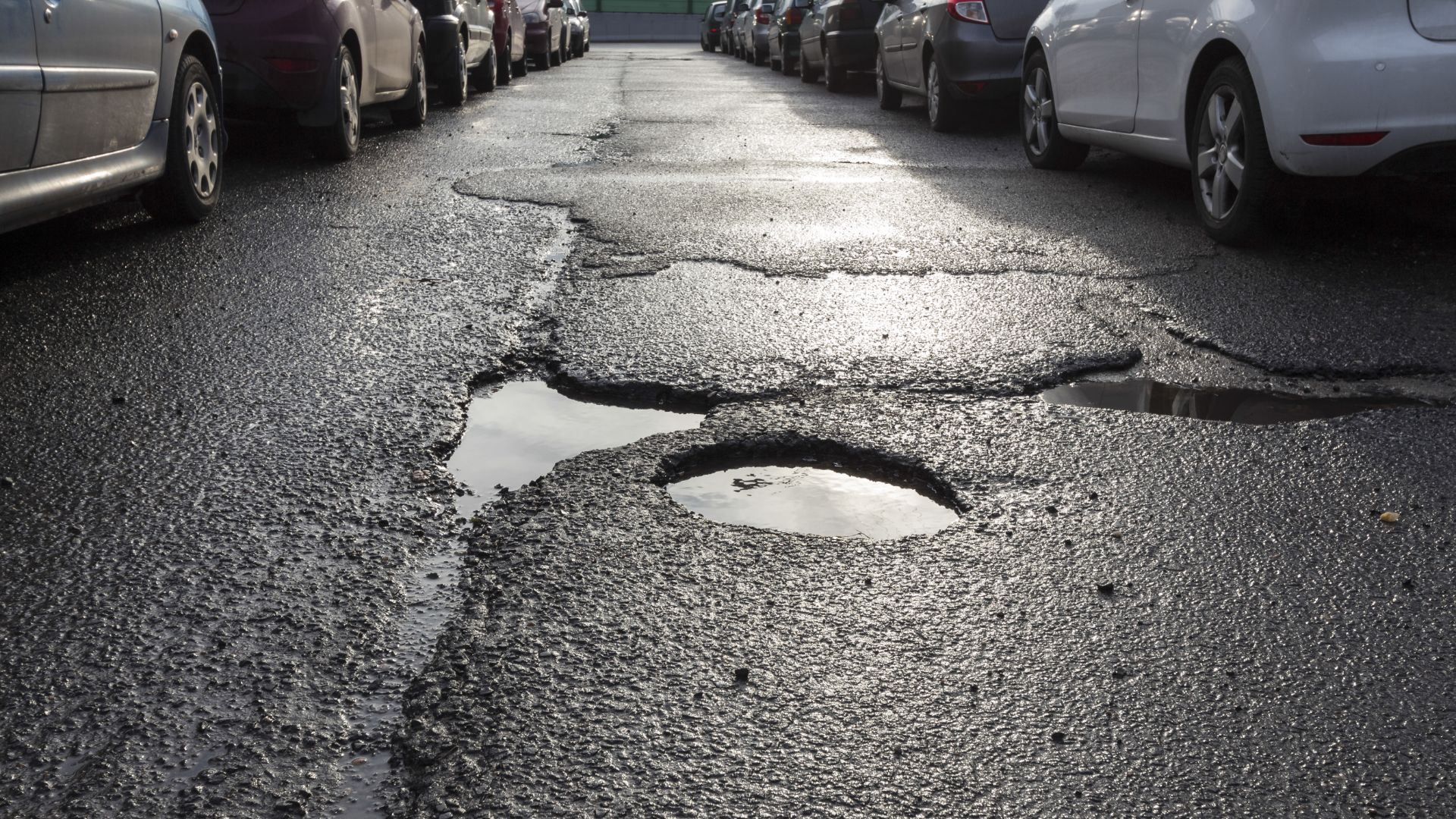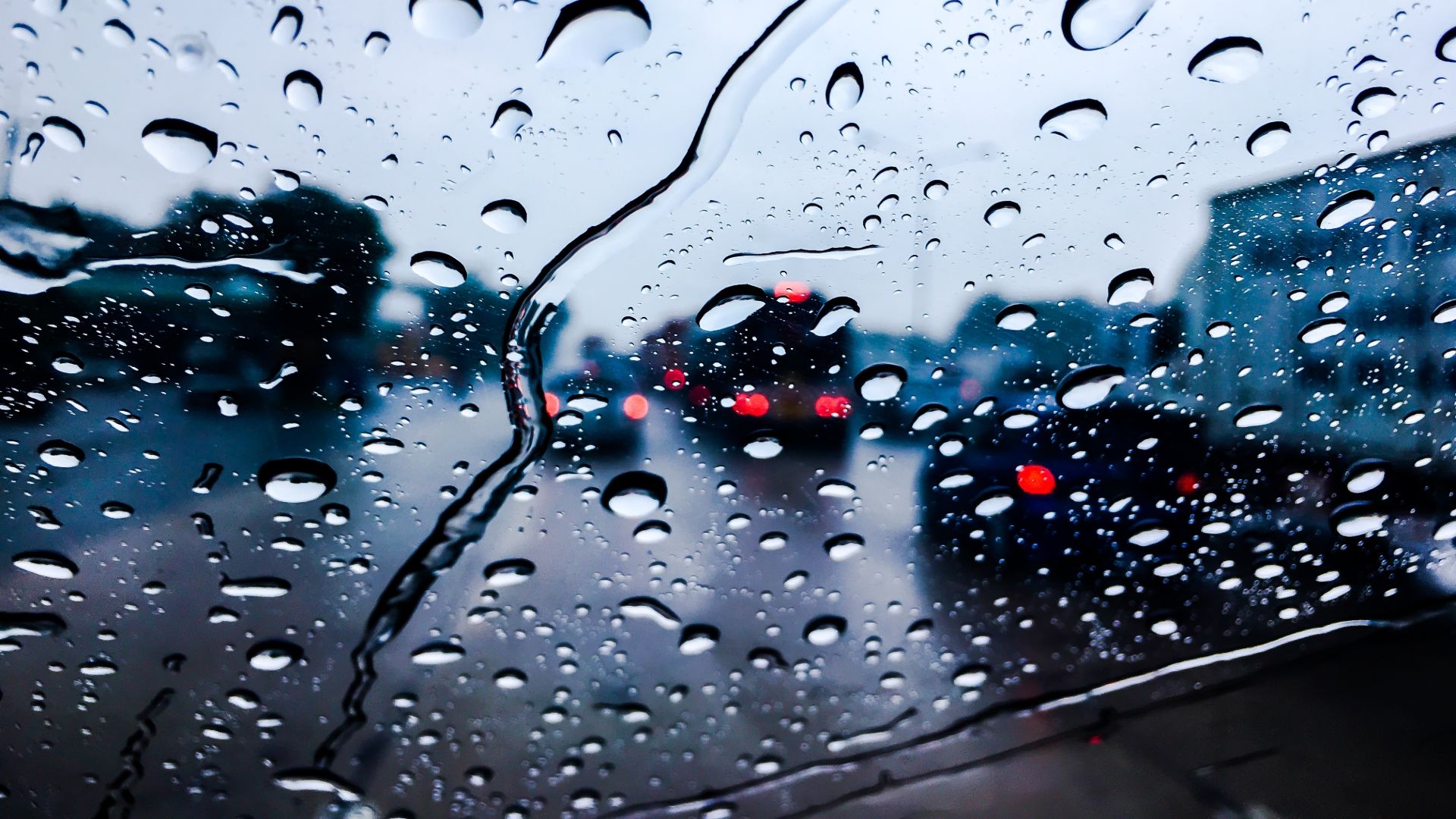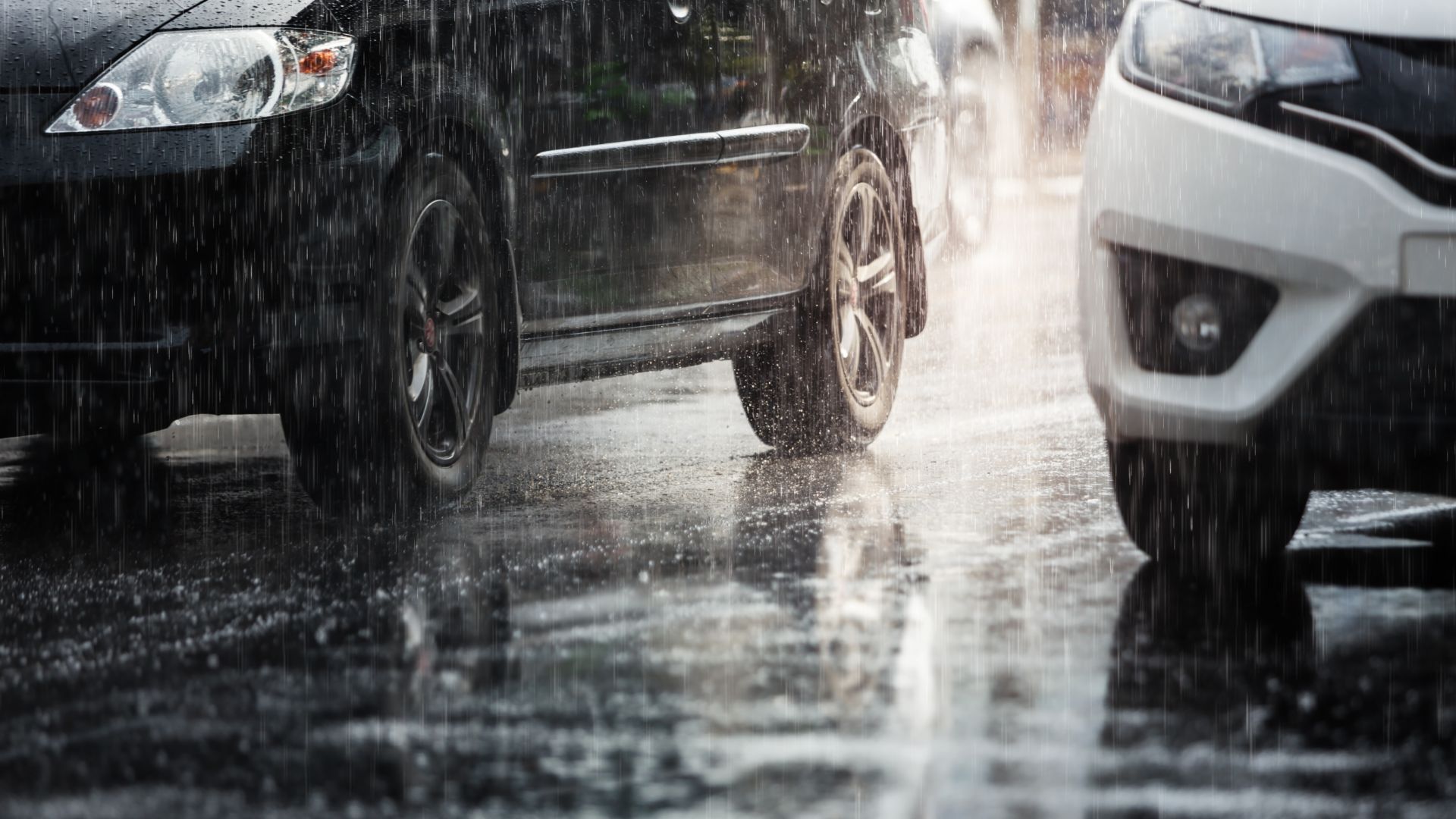
The RAC responded to 3,426 pothole-related breakdowns in the first three months of 2020. That’s an increase of 1,337 (64 percent) compared with October to December 2019.
It’s also 150 more than during the same period in 2019 – a rise of 4.5 percent.
Damaged shock absorbers, broken springs and distorted wheels accounted for 1.6 percent of all RAC breakdowns in the period. The company said ‘these are most likely to be attributable to poor road surfaces’.
The country experienced a mild but tough winter. High winds and flooding hit many parts of the UK, with Storms Ciara and Dennis piling more pressure on the beleaguered road network.
In the last Budget, Chancellor Rishi Sunak announced the creation of a £2.5 billion pothole fund to be spent over the next five years. He said it would be enough to tackle 50 million potholes by the end of the parliament.
‘Storms and floods were major factors’

RAC head of roads policy Nicholas Lyes said: “The jump in pothole-related breakdowns from the last three months of the year to the first quarter of the next year is always the largest as winter weather has the greatest effect of all in wearing down our roads.
“Many parts of the country suffered very wet weather conditions throughout February, though the winter overall was generally mild. While the wet conditions mercifully gave way to much drier weather as we headed into March, it’s still likely that the storms and floods were major factors in why the number of pothole-related breakdowns was higher than the same period last year.
“While millions of cars are mostly confined to streets and driveways during the coronavirus lockdown, people are more reliant than ever on their vehicles to buy food and important household items. The last thing any driver needs on the way to do their essential weekly shop is to suffer a nasty pothole-related breakdown that puts their car out of action, especially with fewer garages open than usual. This means the quality of local roads is, ironically, is as important as ever.

“In his Budget in March, the Chancellor committed to funding our local roads and it is clear that the economic recovery as the UK emerges from the COVID-19 pandemic will need to be built on solid infrastructure – which of course needs to include good quality roads.
“Moreover, it will also be interesting to see if lower traffic volumes during the UK’s lockdown will help prevent further deterioration of roads as fewer wheels going over weaknesses in the asphalt should contribute to less surface wear.”
ALSO READ:
Enemy of the state: Government pledges to kill the pothole